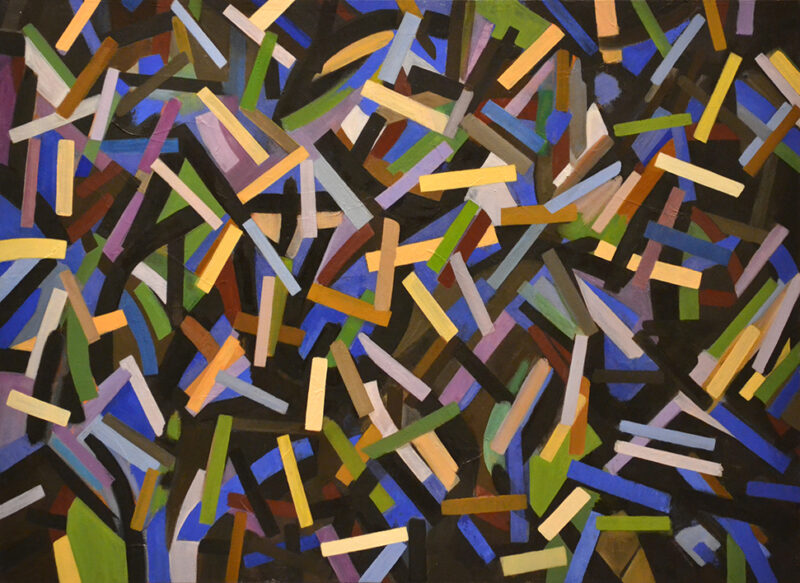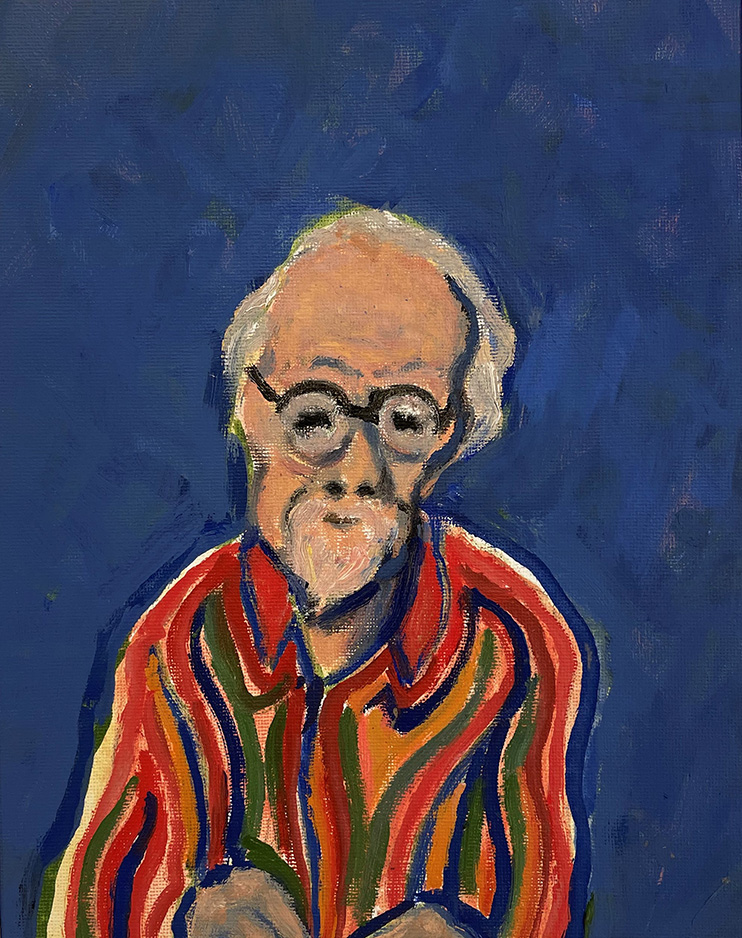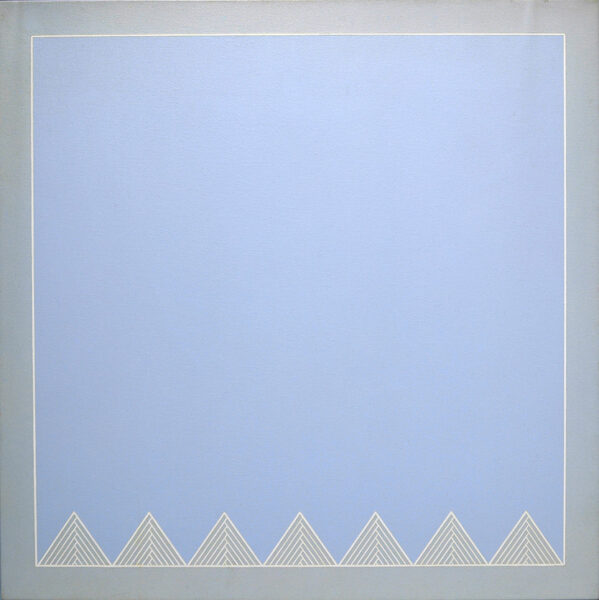
HARRY MITSUO KIYOOKA – Artist. Educator. Activist.
February 1, 2024 – April 27, 2024
Exhibition Details
HARRY MITSUO KIYOOKA – Artist. Educator. Activist. (1928 – 2022)
Painter, printmaker, instructor and community builder, Harry Mitsuo Kiyooka straddled the last hundred years in a way that few other artists have. Born in Calgary in 1928, a place he would call home for 94 years, Kiyooka served as an important link between an earlier generation of Alberta artists – some in fact his instructors – and the thriving artistic place Calgary has become.
For a son of Japanese immigrants, poverty and prejudice was part of his family’s story during the volatile 1930s. With the Second World War came the termination of his father’s work as a hotel bellhop. Next came an arduous attempt at farming north of Edmonton in the small community of Opal, where five other Japanese Canadian families lived and farmed.
None of this held Harry back, as he became educated as no one could have possibly imagined at the time for a Canadian-born artist. By the end of the 1950s, he held four degrees in art and education including two Masters from American universities as no such programs were yet available in Canada. This background served him well as an instructor at the University of Calgary from 1961 to 1988 when he retired as Professor Emeritus of Art.
An arts activist who once famously comparing Calgary to “a city without eyes,” Harry Kiyooka then spent several decades trying to establish a public contemporary art gallery for the city. He founded the Calgary Contemporary Arts Society in 1981 and through that, saw the opening of the Triangle Gallery of Visual Art in 1988. Eventually, that organization merged with the Art Gallery of Calgary to form Contemporary Calgary which operates today out of the former city planetarium. Kiyooka’s legacy continues in rural Springbank, just west of Calgary, where a 20-acre parcel of land that served as a home and studios is also now the Kiyooka Ohe Arts Centre or KOAC (est. 2007) with a growing sculpture park and artist residencies. “Harry has always had a sense of responsibility to art,” wrote biographer Karin Olafson about an aspect of the artist’s life which continued long into his old age.
Kiyooka’s hard-edge abstract period is his best known nationally and is a major feature of this retrospective. Nearly 70 years of art are celebrated and will cover other lesser-known subjects such as his portraiture, earlier work and his life-long preoccupation with Italy and especially La Serenissima: Venice.
Lenders to “Harry Kiyooka: Artist. Educator. Activist.” include Nickle Galleries, Alberta Foundation for the Arts, HerringerKiss Gallery and the Harry Kiyooka estate – whose holdings number nearly 400 artworks by the artist.
In reflecting on Harry’s contribution, niece Fumiko Kiyooka observed that as a Japanese Canadian artist of his generation, he had “that kind of ambition because of everything they went through.”
Curated by Mary Beth Laviolette
Mary-Beth Laviolette is an independent curator and writer with a visual art practice spanning forty years. She is the author of An Alberta Art Chronicle and A Delicate Art: Artists, Wildflowers, and Native Plants of the West. She has curated exhibitions for Nickle Galleries, Art Gallery of Alberta, Glenbow Museum, the Whyte Museum, and more. Mary-Beth is the recipient of many awards, including the Alberta Centennial Medal and Artist in the Spotlight.


